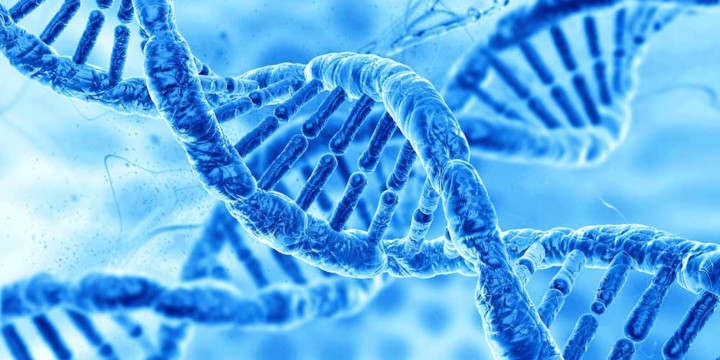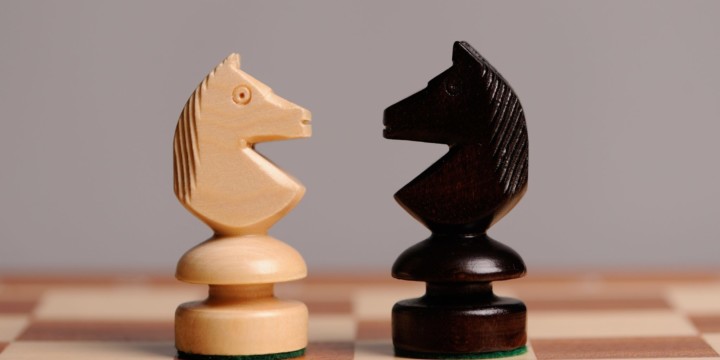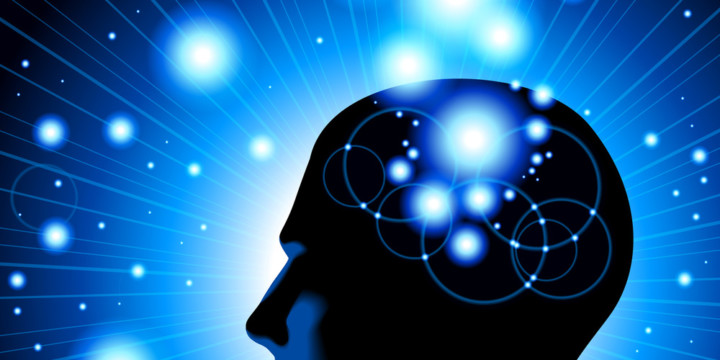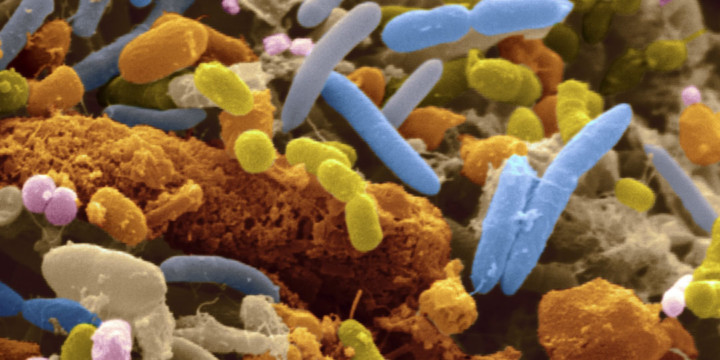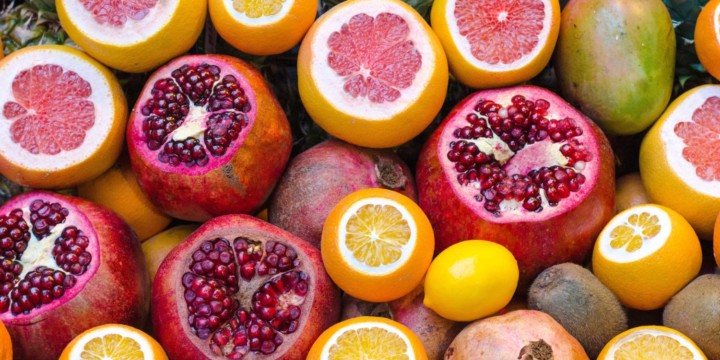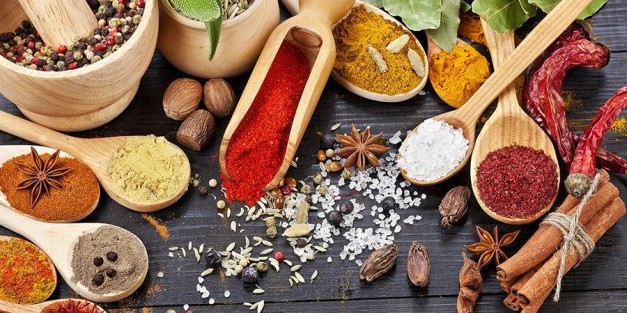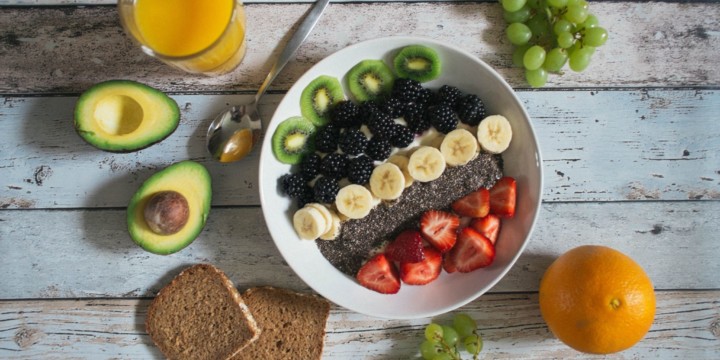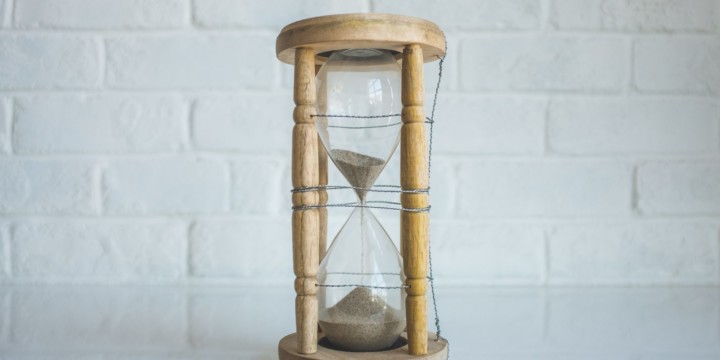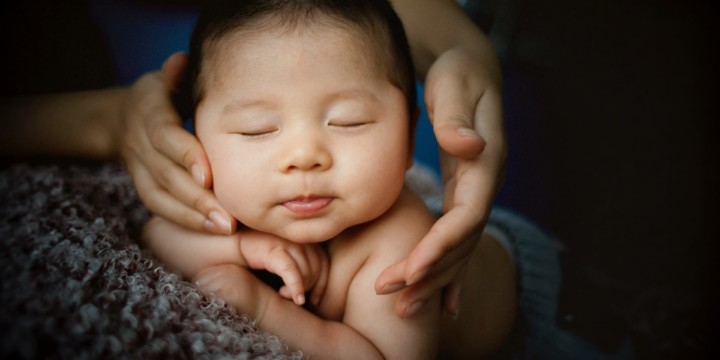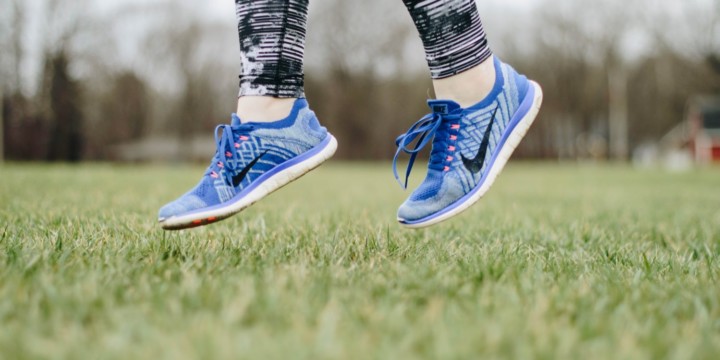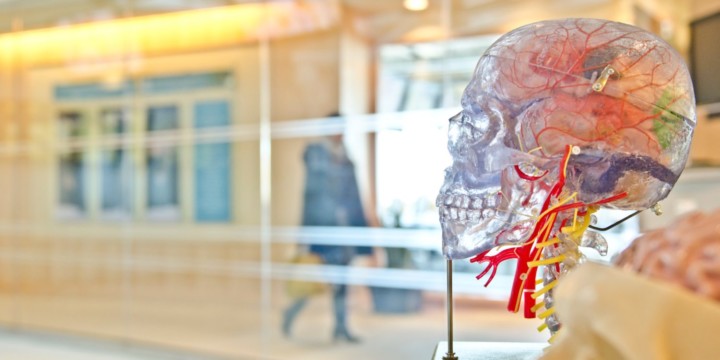Physiology of Depression
Feeling of constant sadness and hopelessness, loss of interest or pleasure in daily routine activities affecting life substantially is termed as depression.
It is one of the leading causes of disability worldwide, affecting women more than men. Depression is a treatable mental illness.
Causes
The causes of depression may lie in –
- Having first degree relatives with depression increases the risk of being affected by the same
- Life events such as bereavement, divorce, financial problems, and stress are triggering factors
- Childhood traumas can have a big impact on the growing minds and such children may get depression later in life.
- Head injury in the past and chronic health conditions of any origin
- Substance abuse is one of the leading causes of depression
- Postpartum depression is seen following childbirth
Symptoms
Each individual would have show symptoms but some common symptoms are
- Reduced interest or pleasure in activities previously enjoyed
- Loss of sexual desire
- Low appetite and weight loss
- Difficulty falling asleep or excessive sleeping
- Fatigue
- Feeling of worthlessness, impaired ability to think, concentrate, make decisions
- Thoughts of death/ suicide
- A person is generally restlessness, agitated or irritable
Treatment in Allopathy
The first Diagnosis of depression is usually made by family and friends followed by a psychiatrist
There are three components to the management of depression
Support from family members, educating the family and friends regarding the condition so that they can offer empathy and understand the patient and help to reduce or eliminate the causative factor.
Aerobic exercises may guard against mild depression since they raise endorphin levels and stimulate the neurotransmitter norepinephrine, which is said to elevate one’s mood
Brain stimulation therapies such as electroconvulsive therapy are also used in a severe form of depression, such as psychotic depression
Psychotherapy also called talk therapy from a psychiatrist, basically being a good listener helps to reduce the illness in a great way
Drugs such as tricyclic antidepressants, SSRI (selective serotonin reuptake inhibitors) are prescribed in patients with moderate to severe form of depression.
Ayurveda and depression
As per Ayurveda, Prana Vayu is responsible for the proper functioning of the mind. Depression is primarily an imbalance of Kapha dosha. An aggravation of Prana Vayu caused due to Kapha imbalance starts the process of vitiating the other two doshas namely Vata and Pitta. These ricocheting of imbalances of doshas interferes in the normal functioning of the nervous system leading to depression.
Hence Ayurvedic treatment for depression focuses on pacifying the aggravated doshas. The treatment includes counseling, diet and lifestyle modifications, yoga along with ayurvedic medicines. These medicines can cross the blood-brain barriers and provide nourishment to the brain.
Treatment of depression in Ayurveda
According to Ayurveda, our mind is regulated by three energies – Sattva, Rajas, and Tamas. Depression usually indicates reduced sattvic energy and aggravation of rajasic and tamasic energies. Out of these, the Satva is pure and positive energy which never becomes a cause of any disease. But Rajah and Tamas are very sensitive energies if their quantum is disturbed they can give rise to various mental health issues. Treatment involves a thorough understanding of the patient’s unique constitution (Prakruti) and state of imbalance or vikruti of doshas. This system utilizes herbs and treatment procedures to correct the imbalances created in the mental plane of doshas.
Abhyangam: It involves the full body massage with medicated herbal oils. Abhyangam therapy increases blood circulation to remove metabolic wastes and toxins from the body. It stimulates vital pressure points, which leads to nervous stimulation and reduction in depression. Abhyangam balances the Doshas and treats Mental, Emotional, and Physical disorders. This therapy boosts Immunity and leads to well-being by preventing Stress and Depression.
Padabhyanga: This Ayurvedic massage includes the stimulation of nerve endings and vital pressure points present in the foot to balance the Doshas. This also promotes mental calmness and relieves Stress and depression.
Padabhyanga eliminates psychological disorders such as Nervousness, Anxiety, and Insomnia and prevents Depression.
Nasya: Nasya is a part of panchakarma therapy and involves the administration of medicated oils or drugs through nostrils. This treatment stimulates the vital centers of the brain to overcome problems such as Stress, Anxiety, Depression, and Insomnia.
Pizhichil: Pizhichil treatment involves the squeezing of warm medicated oils to help the system retune itself thereby inducing both physical and mental relaxation.
Pizhichil rejuvenates the body and boosts the functioning of the nervous system. It reduces Vata dosha, and depression caused due to oxidative stress in the body. It also tones the skin by promoting the blood circulation.
Kizhi: Kizhi enhances circulation and reduces the oxidative stress thereby relieving the psycho-physical symptoms of depression. This therapy makes use of powders, herbs, rice, sand tied in a muslin cloth to make small satchels. These powders, herbs, rice or sand sacks are then heated and lightly pounded over the body or specific parts of the body as needed.
Kizhi massage provides dry heat which treats aggravated Vata and Vata Kapha conditions. It is an effective treatment for Depression.
Shirodhara: This healing massage involves the continuous pouring of medicated oil on the forehead with pendulum motion for a specific period of time. Shirodhara may also include the pouring of decoctions, buttermilk, or even water.
Continuous pouring of oil on the forehead stimulates and soothes the hypothalamus to induce sleep by reducing Stress. Shirodhara boosts the immune system and improves the blood circulation around the head and face and effectively treat depression.
Diet
Food must be eaten in small quantities, heavy and large portion meals should be avoided
Hot, spicy and pungent tastes must be avoided as these will aggravate the senses further. Fluids and fresh vegetables (in salads) must become an important part of every meal. Minimize the intake of tea and coffee as they are stimulants by nature. All stimulants in the long run cause imbalance in neurotransmitters.
Most people with depression lose their appetite and desire to eat. For such people, food must not be forced, or it could lead to vomiting. When such a disinterest in food occurs, fruits can be consumed. Consuming processed food can worsen the situation. Include a lot of healthy fats in the diet such as nuts, ghee, coconut oil, olive oil, flax seeds etc.
Ayurvedic Herbs and Medicines
Ashwagandha or Withania Somnifera can very effectively solve problems like depression, anxiety disorders, mood phobias etc.
Brahmi or Bacopa Monnieri is a nervine tonic that enhances mental ability. It calms and soothes the mind.
Jatamansi or Nardostachys Jatamansi eliminates depressive and negative thoughts. It channelizes the mind towards positivism and calms the mind.
Guggulu or Commiphora Mukul contains a special mind-calming chemical called guggul sterones. This chemical can effectively relieve depression.
Turmeric or Curcuma Longa can treat depression caused by seasonal changes.
Naturopathy and Depression
Naturopathy does not just address the symptoms but targets the root causes of the disease. It takes an holistic approach towards treatment of depression.
Many times depression can be situational. These depressions are easy to correct if a person either start accepting the situation he is in or works towards changing the situation. Behavioral therapy works beautifully in these conditions. It can provide better coping mechanisms to the person.
Treatment of Depression in Naturopathy
The naturopathic approach to treatment is to start with least invasive and least aggressive treatment protocols first. Number one, look for a cause or causes. Conditions like anemias, thyroid disorders, MTHFR polymorphisms, other genetic predispositions, prolonged stress, glucose (blood sugar), adrenal fatigue, deficiency of zinc, magnesium, B12 and folate status, vitamin D, just to name a few, should all be addressed first.
Detox and Aromatherapy Massages
A general detox is done to rid the body of toxins. Enema, colon hydrotherapy, hydrotherapy, liver and kidney packs are given for the detox.
Aromatherapy with essential oils is used to treat depression, anxiety, insomnia, and stress-related disorders and to manage chronic pain.
Diet
Eating more whole grains, fresh fruits and vegetables, less trans fats and processed foods. It is important to eat real food on a regular basis to stabilize blood sugar levels. Blood sugar irregularities have a major impact on our mood and behavior. It’s advised to limit or eliminate any “white” products such as white flour, white sugar, white pasta, white rice etc. These refined carbohydrates (including soft drinks) create a sugar spike, which then causes an imbalance in energy and mood within hours. Omega-3 fatty acids improve symptoms of depression via their anti-inflammatory properties. Folate and the B vitamins are needed for the synthesis and metabolism of neurotransmitters, with deficiencies in these nutrients linked to mental health issues.
Lifestyle modifications
Avoid alcohol, cigarettes and recreational drugs, as these substances create disturbances in the neurotransmitters and receptors in the brain, which can contribute to mental imbalances
Social connection is incredibly important for one’s well being. Even though you may not feel like socializing, reach out to those friends or family members that you know will be supportive.
Nature therapy
Staying close to nature such as forest, beaches, and hills can improve one’s mood with depression. If all these mentioned above is not possible, try to incorporate a little bit of nature in everyday living like try using earthen wares for cooking, have your own garden and try to grow your own produce, add an element of water (stream or a fountain) in your house.
Nutrients and amino acids
Zinc is essential in maintaining and developing neurological networks and communication. Zinc is a necessary cofactor for neurotransmitter production and function. Magnesium is required to control inflammation, reduce nervous tension, mood swings, and irritability and manage stress. L-Tryptophan and L-5-hydroxytryptophan (5-HTP) are amino acids that are precursors to serotonin. Taking either form helps to boost serotonin levels and can improve depression over the course of 4-6 weeks
Therefore food rich in these nutrients and amino acids should be taken such as legumes, fish, roots, and tubers can help. Take supplements only on the advice of the doctor. Also, use natural supplements instead of synthetic ones.
SAM-e therapy
S-adenosylmethionine is a substance naturally produced in the body. It has been shown to be effective even in a major depression. SAMe can raise dopamine levels, reduce inflammation, and enhance detoxification reactions in the liver.
Exercises and exposure to sunlight
Exercising releases some of our feel-good hormones such as dopamine and serotonin (not to mention adrenaline). Exercising outdoors can nourish our body with a natural source of Vitamin D, which is said to have an antidepressant effect or rather add to the recovery process from depression
Botanical Medicines
Many herbs have a long history of traditional use. One of the most well-known is Hypericum perforatum or St. John’s Wort. St. John’s Wort should not be used long-term as it can cause photosensitivity and interact with many medications.
Rhodiola reduces stress-related symptoms such as irritability, cognitive dysfunction and fatigue due to its ability to regulate the hypothalamic-pituitary-adrenal (HPA) axis and inhibit cortisol secretion.
Ginkgo biloba is also a useful herb in the treatment of depression and minimizes the side-effects of pharmaceutical treatments for depression.
Flower essence therapy can be an effective way to address underlying emotional, psychological and spiritual disturbances that may be contributing to the depression, and an individual flower essence prescription can be formulated.
Listen to soft music can calm a person with depression; meditation, regular exercise, early morning brisk walks, exposure to bright sunlight help to lift up the mood.
Breathing exercises and yoga strengthens the mind and body. They keep the channels of the body clean and allow the proper flow of mental energy and nutrients.
Pranayama and yoga must become an important part of a person’s daily routine with depression. This helps to concentrate the mind on positive thoughts and prevent recurrence of depressive episodes.
Yogic asanas that are beneficial to people with depression are bhujangasana (kneeling pose), halasana (plow pose), paschimottanasana (seated forward bend), Sarvangasana (shoulder stand), shalabhasana (locust pose), and Shavasana (corpse pose).
Among pranayamas go for Anulom-Vilom and Bhramari. Both of these pranayamas help to balance the central nervous system and calm the mind.
Depression in Homeopathy
The conventional approach to treating depression focuses on antidepressant medications along with counseling and several behavioral therapies. Homeopathy combines both and offers a unique singular approach to treating depression.
Homeopathy focuses on finding the cause of depression and the various stressors that lead to the depressed state. Natural tendencies, interpersonal relationships, threshold stress levels, personal stress management, reactions and outbursts to stress are all given high importance while selecting a remedy. The remedy thus chosen helps in dealing with repressed feelings of guilt, negativity, low self-esteem, disappointments and all emotional causes leading to depression. Homeopathy also helps in balancing the levels of serotonin, the ‘feel-good’ hormone. The person experiences a general feeling of well-being and finds himself in a position to handle his emotions better.
Treatment of Depression in Homeopathy
Depression is chronic mental condition and hence requires a constitutional medicine. It is important to get a detailed history of the patient as an individual along with the depression.
Homeopathy has over 150 remedies to treat depression. Given below are a few frequently used ones.
- Natrum Muriaticum– Natrum Mur is a remedy well-suited for people who suffer from depression due to disappointments in life, especially in love. A failed love affair or lack of love and affection in any relationship is the trigger for the depression in Natrum Mur. The person has a tendency to overthink and over-analyze an already futile situation. The Natrum Mur person is extremely sensitive and can cry at the drop of a hat. What makes the Natrum Mur depression different from others is the refusal of all forms of sympathy. Sympathy and pity make the person angry and snappy. Anxiety, palpitations, frequent migraine attacks accompany depression.
- Aurum Metallicum-Aurum Met is suited to strong, workaholic individuals who suffer from depression. The Aurum Met person sets high ideals and targets to achieve and through hard work and determination, he does achieve them. In spite of this, he feels he lacks something and there is a strong sense of failure, of having let down people who look up to him. This makes the person very disappointed and humiliated. He keeps reproaching himself. This leads to depression. The sense of failure is so bad that he often contemplates suicide. The feelings are especially strong at night leading to insomnia. If at all he manages to fall asleep, his sense of disappointment haunts him as nightmares.
- Ignatia Amara– This remedy is ideal for sensitive people who have suffered from some of grief and disappointment in the recent past. They keep their feelings bottled up and do not let any emotion show. They are very reserved and guarded. The bottling up of symptoms manifests physically as a constant sensation of a lump in the throat. People requiring Ignatia are always thinking about the event that caused them grief and keep replaying them in their mind. Mood swings are common, the person who is sad and depressed now may suddenly burst out laughing for no reason at all. Physically the depression manifests as abdominal cramps, constant yawning, and excessive sleepiness or insomnia.
- Sepia- Sepia works well in depressed women who show marked indifference as a highlight symptom. The lady is averse to any activity, even to the ones that she loved doing earlier. Her indifference is marked towards family and friends. She desires solitude and spends all her time sitting alone. She is always gloomy and irritable when spoken to. Sepia is one of the topmost remedies for postpartum depression and for depression associated with menopause.
- Pulsatilla– Pulsatilla is best suited to delicate and dainty females. They are usually depressed for trivial reasons. They become sad, teary-eyed and whiny very easily. Sympathizing with their condition and offering physical and verbal comfort helps a lot. The sadness and gloominess in Pulsatilla are often associated with hormonal imbalances. Premenstrual depression and depression during menopause are well-treated by Pulsatilla.
Homeopathy is very effective in treating depression. Several clinical trials have shown homeopathic medicines to be as good as antidepressants in treating depression. The absence of side-effects remains a major plus with homeopathy. There are more than a hundred homeopathic remedies available for treating depression and hence it is essential to visit an experienced homeopath who will prescribe the one that suits you the most.
Along with medications a balanced diet and physical activity go a long way in treating depression effectively.

